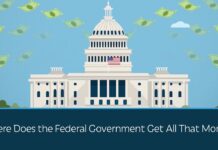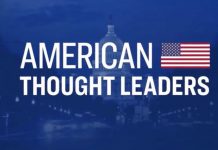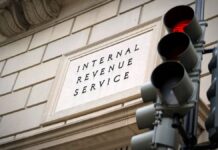The Biden administration quietly issued an update to its student loan forgiveness plan on Thursday, drastically scaling back eligibility on the same day that six Republican-led states filed a lawsuit against President Joe Biden, claiming his student loan forgiveness plan is illegal.
As of Thursday, borrowers who have federal student loans that are owned by private entities and not by the U.S. Department of Education will no longer qualify for the relief program.
Previously, the administration had said those borrowers with student loans owned by private entities, many of which were made under the former Federal Family Education Loan (FFEL) program and Federal Perkins Loan program, would qualify for relief of up to $10,000 or $20,000 in loan forgiveness, as long as the borrower consolidated his or her debt into the federal Direct Loan program.
The guidance now states: “As of Sept. 29, 2022, borrowers with federal student loans not held by ED cannot obtain one-time debt relief by consolidating those loans into Direct Loans.”
More than 4 million student loan borrowers have privately held loans through the FFEL Program, according to NPR.
‘Highly Uncertain Assumptions’
“Borrowers with privately held federal student loans who applied to consolidate their loans into Direct Loans before September 29, 2022 will obtain one-time debt relief. The FFEL program is now defunct and only a small percentage of borrowers have FFEL loans. This is a completely different program than Direct Loans,” the statement said.
Biden announced in August that he plans to cancel up to $20,000 in federally held student debt for individuals making less than $125,000 per year or married couples who earn less than $250,000 per year in 2020 or 2021.
The Department of Education estimates the program will cost $379 billion, or about $30 billion a year over the next 10 years, although those estimates are based on “highly uncertain assumptions about future economic conditions and participation rates.”















































